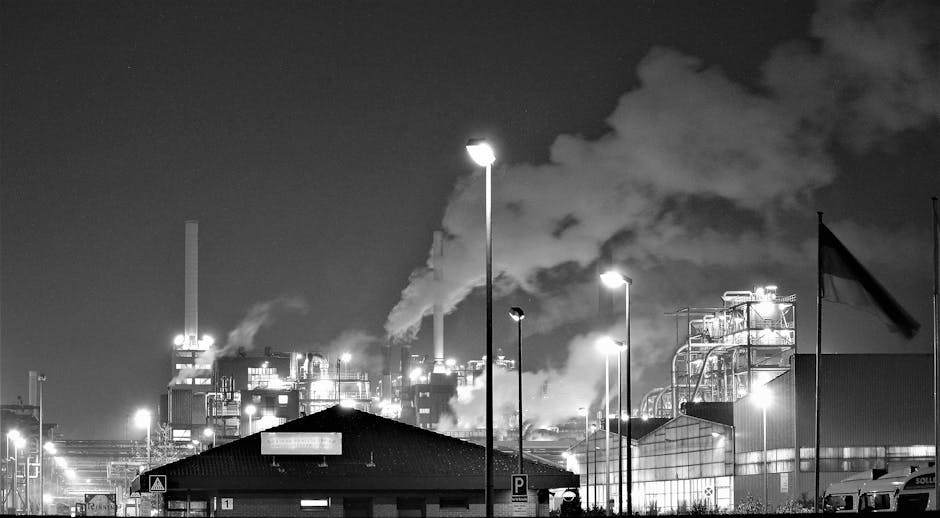Global warming, the steady increase in the average temperature of the Earth's atmosphere and oceans, is one of the most pressing challenges facing our planet today. It is a direct result of the release of greenhouse gases, primarily carbon dioxide, into the atmosphere through human activities such as burning fossil fuels and deforestation.
The consequences of global warming are far-reaching and severe. Rising temperatures lead to more frequent and intense heat waves, increased risk of drought, more severe storms, and rising sea levels. These changes are already having a devastating impact on ecosystems, human populations, and economies around the world.
One of the most visible effects of global warming is the melting of polar ice caps and glaciers. As the Earth's temperature rises, these frozen reservoirs of water melt, contributing to rising sea levels and threatening coastal communities. In addition, the loss of ice cover exposes darker surfaces that absorb more heat, accelerating the warming process.
Another significant impact of global warming is the disruption of weather patterns. As the atmosphere warms, it holds more moisture, leading to increased precipitation in some regions and droughts in others. These changes are exacerbating the frequency and intensity of extreme weather events such as hurricanes, floods, and wildfires.
Global warming is also having a profound impact on ecosystems. As temperatures rise, many species are forced to migrate to cooler habitats or face extinction. Changes in precipitation patterns are disrupting plant growth and affecting the availability of food for animals. These disruptions are cascading through ecosystems, threatening biodiversity and the delicate balance of nature.
Human populations are also feeling the effects of global warming firsthand. Heat-related illnesses are becoming more common, and the spread of diseases such as malaria and dengue fever is increasing as mosquito habitats expand. Coastal communities are facing increasing risks from flooding and erosion, forcing people to relocate and abandon their homes.
The economic costs of global warming are also substantial. Damage from extreme weather events, crop failures, and disruptions to infrastructure are costing billions of dollars each year. In addition, the transition to a low-carbon economy will require significant investments, but these investments are essential to avoid the catastrophic consequences of unchecked global warming.
Addressing the challenge of global warming requires a global effort. Governments, businesses, and individuals must work together to reduce greenhouse gas emissions, adapt to the changing climate, and invest in renewable energy and sustainable practices. By taking action now, we can mitigate the worst effects of global warming and ensure a sustainable future for generations to come.

